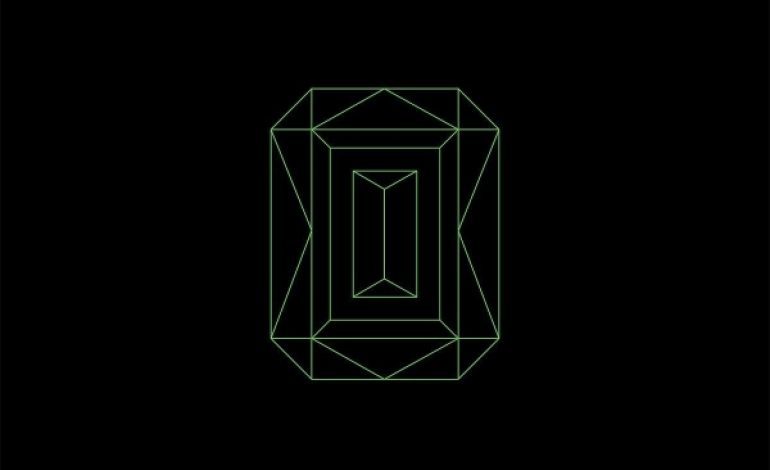

Be sure not to trip
Lord Huron returns after their successful, well-praised 2015 album, Strange Trails, with a cohesive cautionary tale, warning of the dangers of overdose. Vide Noir, or “dark/black void” in French, is the appropriate title of LH’s new twelve-track album (man, listening to an album with twelve songs makes a ten-tune project less satisfying). At times, the album is a hippie’s fifth acid trip of the week, plain images blurred with beauty; elsewhere, it’s a college couple holding hands in a dorm room watching an old movie, imagining themselves as Bogart and Bergman.
“Lost in Time and Space” is a terrifically accurate name and an A+ way to open out the album. The guitar tickles the spine; the harp and hums lull the listener into comfort; the opening is just pretty, an untouchable kind of pretty. If, in outer space, there was a room full of old clocks (ticking ever so delicately that it feels like getting pat on the back) and miscellaneous old relics, that’s where this song takes place. Somehow it’s also a tune that an older brother or more mature friend would sing in hard times while sketching a pondering face, hand on chin, head tilted slanted and upwards.
Rivaling for the best intro is “Ancient Names (Part I),” which dims the lights, turns back the decade hand on a leather-strapped wristwatch and lets the film reel roll away. It doesn’t sit still for too long though, changing styles not too long after we get settled in our mental theater. “I gotta get away from here,” sings Ben Schneider in the song’s body; clearly there is such a thing as too high. The drive that occupies most of the six minutes nods to the classic free-spirited nature of indie rock, while second-guessing how free-spirited one is allowed to feel. The band bids a welcomed farewell to the previous groove and introduces an enchanting synth line (bringing to mind the illuminated wonder of Pandora from Avatar) in a mostly drum-free ending. Ask someone with anxiety issues if this segment is their mental background music. “Ancient Names (Part II)” reinvigorates the energy from the middle of “(Part I)” at a brighter tempo. It’s not as appealing as any of the tracks before it, but it’s the perfect follow-up to its predecessor. The pair of these two songs definitely beckons for its own short film. Let’s hope it gets one.
Right after this couple comes “Wait by the River,” a warmly welcomed waltz after the fast pace of “(Part II).” An ambient creeping sound enters almost right away, as the strung-out character blacks back in for only a moment. Or maybe he/she is briefly reminded of a mistake they made years back and tries to hush out the white noise and continue tripping. Or something else entirely; after all, he/she’s on drugs. After the ambiance, the tune finds its footing as part of a love story, while Romeo walks over to Juliet’s balcony, ending before he gets there. It’s almost like a rough draft of a love letter, but one still worth the effort. The title fits quite well, yet a creek in an under-appreciated Sycamore forest comes to mind before a river. Props to LH for creating multi-dimensional tunes such as this.
Everything after falls into place with ease and continues to tell (lyrically and musically) parts of the story of our anonymous druggie. The drums on “When the Night is Over” are atypical for indie rock, but who needs genres anyway? They’re played with such a touch that a tasty meal was fired up in the first minute of the song. Nothing feels out of place or uncomfortable, and the ending track is a stellar selection. From start to finish, “Emerald Star” knows it’s the ending track and accepts and executes its role with honor. Not every cohesive album will stand out as amazing on the first listen, but this one is worth every second of the ear’s attention. Just don’t feel pressured to join in on the drug use.
